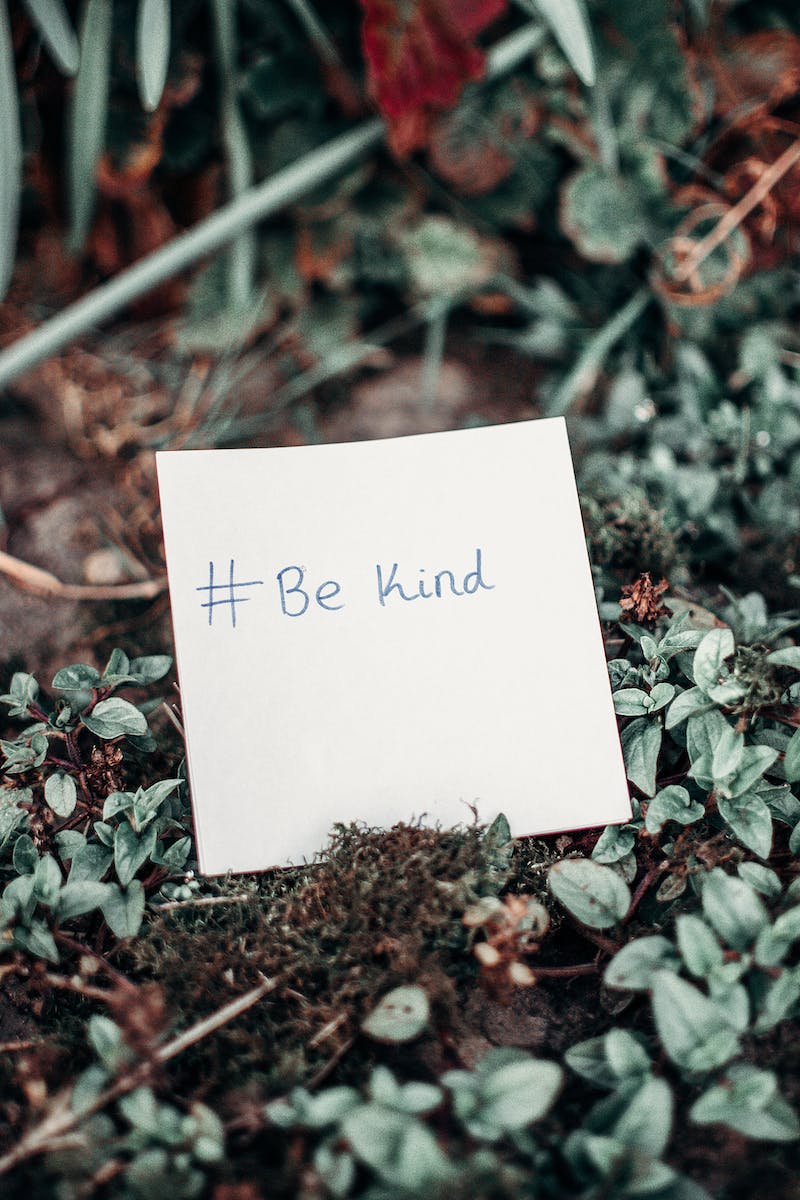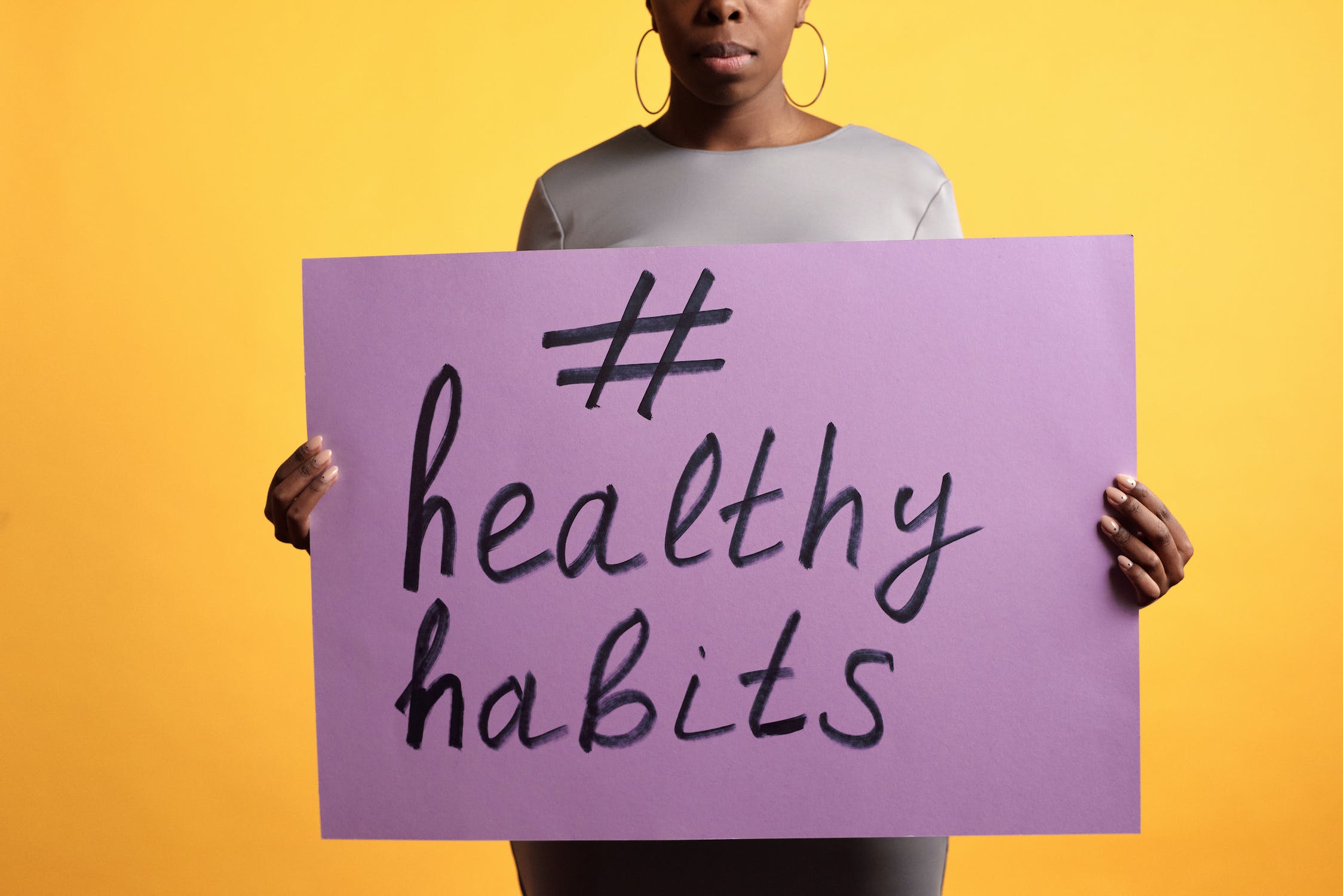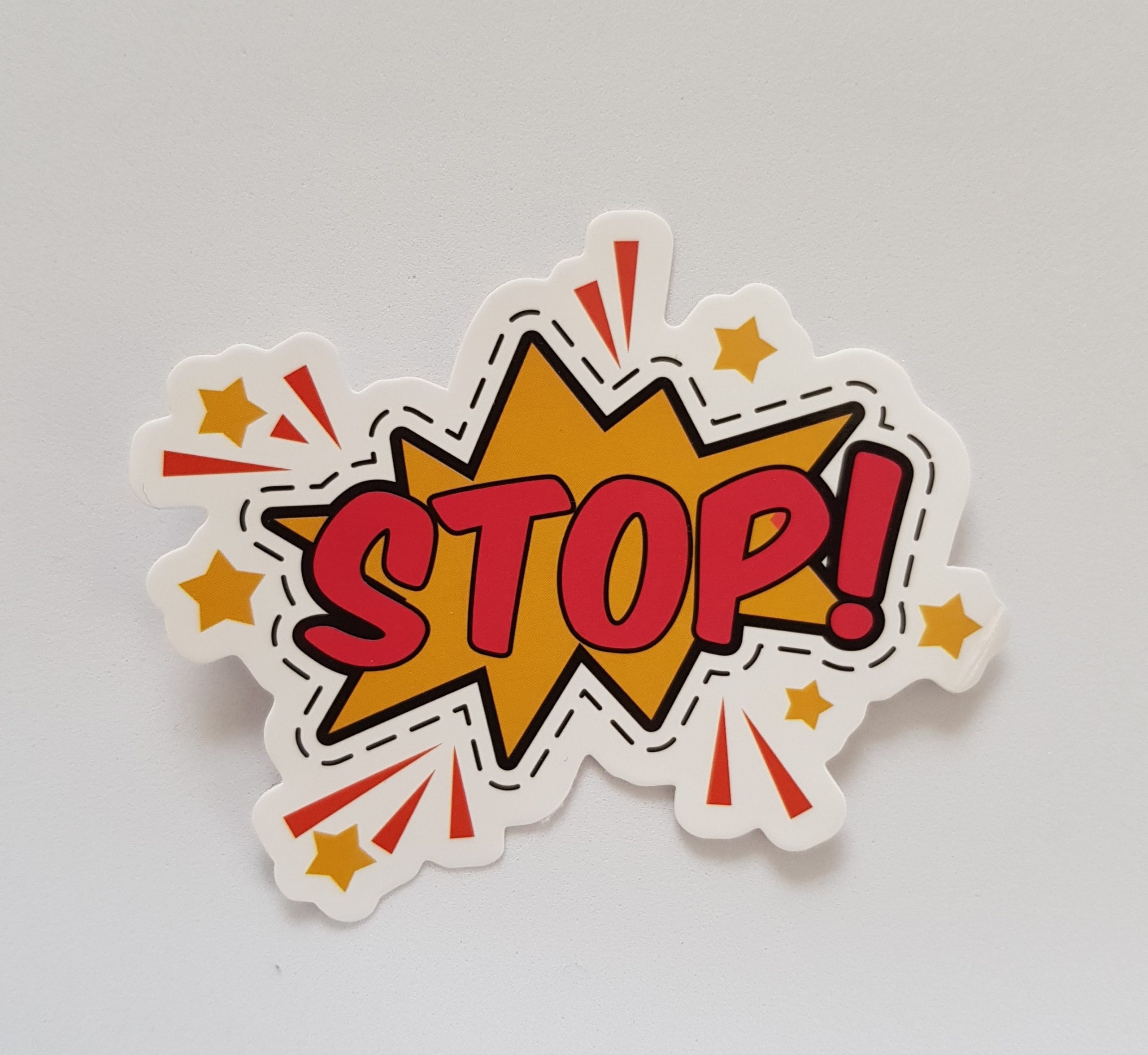
World Mental Health Day – 10th October 2022
#WorldMentalHealthDay
I have never been a fan of ‘World ..this and that… Days’ as they often feel like a ploy to raise awareness of important matters on an arbitrary day. However, given that our mental health is important and relevant 365 days a year, campaigns that open up conversations about it and reduce stigma can only be a step in the right direction. The date is meaningless really, so I don’t mind writing something to support World Mental Health Day 2022, especially after it’s passed.
World Mental Health Day’s aim is to raise awareness of mental health issues around the world and to mobilise efforts in support of mental health. This year, the theme is “global mental health” and one of the areas the World Health Organisation is focusing is…‘Prioritising mental health and self-care’.
Many of us may take our mental health for granted but prioritising our mental health is just as important as looking after our physical health. As the body and mind are inextricably linked, we can prioritise our mental health by simply taking care of our physical health and well-being.
Physical Health and Well-being Tips
- Eating a nutritious and balanced diet, staying hydrated with water, regularly going to bed and waking up at similar times, exposing self to natural daylight once a day, dental hygiene, keeping physically active and/or exercising regularly, skin care, washing up and putting fresh clothes on, having a wind-down routine in the evenings or before sleep, cleaning, avoiding smoking and heavy alcohol consumption.
However, prioritising our mental health is not so easy. When we’re feeling stressed, overwhelmed, or low in mood, responding to our needs in the moment can be tricky. We all have habitual ways and coping strategies that don’t always serve us.
Self-care is a broad term and can often be misconstrued or seen as self-indulgence, pampering ourselves, or being kind to ourselves when we’re struggling or having a bad day. Activities and behaviours like having a glass of wine, eating chocolate, retail therapy, buying ourselves a Frappuccino and cookie, having a facial, ordering a takeaway, binge-watching boxsets, putting off important jobs/work, and scrolling social media spring to mind.
While these ‘reward’ or ‘treat’ activities are all fine in moderation they are not the same as ‘actively’ attending to and looking after our emotional and physical needs. They tend to work well in the short term as a distraction, a dopamine hit, and a way of getting instant gratification.
I see self-care as an act of engaging in activities and behaviours that ‘fill our own cup’ in the long term. A healthy investment in our bodies and minds. Words like nourishing, replenishing, restorative, energising, soothing, centre-ing and calming spring to mind.
While lifestyle activities like exercise, meditation, creative pursuits, connecting with friends, a long walk outdoors, community involvement, changing our physical environment, doing activities we enjoy, going for a swim etc or all great for our mental and physical health, they usually require a lot of will-power, motivation, energy, planning and time.
There are, however, much smaller and gentler ways to self-care and look after your mental health. It can look very different for every individual but here’s a list of my top 10 small but effective self-care tips. Think of them of valued activities to be prioritised and integrated into your day or weekly routine.
TOP 10 Self-Care Tips
- DISCONNECT FROM BEING ONLINE – Say no to whatever it is you’re consuming that is not serving you. Give yourself permission to disconnect or unplug from being online, whether this is: general screen time, browsing the internet, social media, watching/listening to the news, or working on your laptop.
- RECONNECT WITH THERAPEUTIC ACTIVITIES – Choose something you enjoy, helps slow your mind down or gets you into a focused but relaxed state. This is personal but it could be: cooking, knitting, playing an instrument, painting, completing a jigsaw, yoga, meditation, origami, colouring in, drawing, painting, reading a physical book, taking a bath, going for a walk outside, running, listening to an album/playlist. Plan time in your day or week for it.
- SENSITISE TO THE EVERYDAY – Prioritise moments or times in your day for coming to your senses. This could be during everyday activities such as: taking a shower, having your first hot drink of the day, washing up, cleaning, cooking, walking from A to B, or eating a meal. Deliberately tune in and notice what you hear, see, taste, touch and feel.
- DETOX – Decide to take a break from your phone in the mornings and/or night-time, avoid alcohol, takeaways and/or caffeine for 2/3 days, reduce your screen time in the day, and cut down on your sugar intake.
- BREATHE TO SLOW DOWN – Take the time(s) in the day to just ‘STOP’ what you’re doing and notice how you’re breathing. Find a quiet time, switch off distractions, take a comfortable position, unclench your jaw, soften and defocus your gaze, and follow the inhalation/exhalation of your normal breathing pattern for 2, 3, or 5 minutes. Paying attention to your breath will naturally help to slow your breathing down and calm your nervous system.
- BE ACTIVE OUTDOORS – Go for a walk in nature or near trees, cycle, jog or run, skip, and deliberately notice what’s around you.
- REFLECT & JOURNAL– Keep a positive memory and appreciation book to write down all the small moments of appreciation, things you notice, comments people have said, random acts of kindness, important people in your life, funny moments in the day or week etc. It will encourage you to be more present.
- STRETCH & RELEASE – Release bodily tension through stretching, yoga, massage, and mindful movement or even shaking yourself down, expressing yourself through movement, being silly, and pulling faces.
- GROUND IN THE BODY – Physical manifestations of stress and tension are often the most obvious, so take time to just be still with your body. Notice your posture, facial expression and general energy levels. Bring your attention to sensations of pressure and touch on the body, sensations within, and generally what’s showing up for you.
- PRIORITISE JOY – Make or protect time for listening to music, watching a favourite or new movie, seeing your friends, or simply resting. Give yourself permission to slow down and commit to doing purely for the enjoyment of it.
- STAY SOCIALLY CONNECTED – We are social animals, too much isolation and time alone is not healthy. Maintain contact with friends, loved ones and people you admire and respect.


